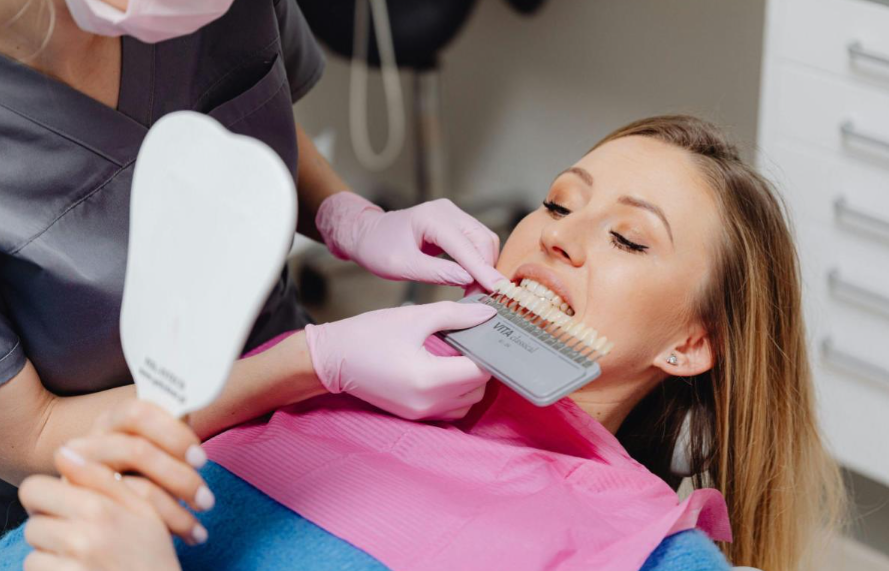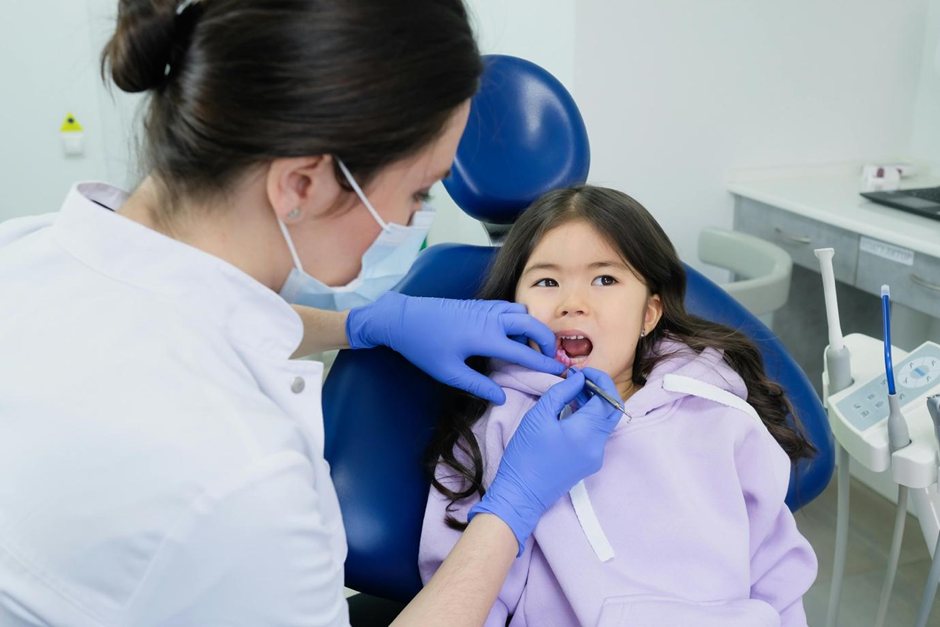Early Childhood Caries In Children
Pediatric Dentistry

Early childhood caries in children can be a rampant kind of tooth decay that can affect children between the ages of 3 and 5 years. If not caught and treated early, it can spread very quickly and result in pain, unpleasant aesthetics, and tooth loss in children.

What Are Early Childhood Caries?
Early childhood caries is a common condition in children under five years of age that present as cavities in the gum margins of the upper teeth. They begin as white spots and slowly begin to darken in color to brown and then black. Cavities are formed as a result of tooth decay and may often be painful or painless. Some parents may not even notice them initially as they begin as white spots. This is why taking your child to the dentist for routine checkups from an early age is so important. Visit Dr. Paul’s Dental Clinic.

What Causes Early Childhood Carries?
Early childhood caries in children are also known as baby bottle caries. As the name implies, they are most commonly caused by drinking milk bottles. Most parents are shocked to learn that their children have developed cavities even though they are not consuming any sodas or candies. But, if their children are still drinking formula, plain or flavored milk from a bottle, especially just before bedtime, they are bound to get baby bottle caries.
This is because milk contains sugars broken down by bacteria in the mouth to release acid. The acid in the mouth initiates the decaying process. Frequent sipping of milk, juices, or other sweet drinks can cause early childhood caries. Children should only be drinking milk from a bottle until the age of two, and beyond that, they should be switched to drinking from sippy cups and straws. Children should not be allowed to fall asleep while drinking milk; instead, they should have milk with their meals.
Pediatric dentistry in Dubai places great emphasis on the significance of early intervention in fostering lifelong oral well-being. By initiating dental appointments at a young age, parents can assist their children in cultivating excellent oral hygiene practices and averting the escalation of dental problems.
What Are The Signs And Symptoms?
White spots can be seen along the cervical or gum margins of the teeth. It is more commonly seen in the upper teeth and the surrounding areas. The white spots are chalky in appearance and are demineralized tooth enamel appearing chalky. If the decay is ignored and allowed to progress, it begins to turn brown in color and eventually black.
How Can It Be Prevented?
- Mothers should wipe their Babies’ gums with a clean damp washcloth to remove any traces of milk in their mouths from an early age
- Once the first teeth have erupted, use a finger brush or soft bristled small brush to clean the new teeth with toothpaste the size of a grain of rice
- Once the child has all 20 teeth in their mouth at age 3, you can increase the amount of toothpaste and clean all the surfaces of your child’s teeth
- If your child is breastfed frequently, offer water to your child after milk or wipe their gums down with a washcloth to flush out the milk remnants from the mouth
- Once your child has turned three years of age, and all their teeth have erupted into their mouth, you must teach them how to brush their teeth properly before bedtime and after breakfast.
- If your child is drinking milk from a bottle to sleep, stop that immediately and switch to drinking milk only during meal times.
- Do not let your child sleep with a milk bottle in their mouth. It is unsafe due to a choking hazard, a risk for ear infections, and can also cause teeth to rot.
- If your child is older than two years old and refusing to give up the bottle, introduce them to a sippy cup or a mug
- Children should not be given hard candies, sugary drinks, or sticky toffees as they are unhealthy and provide no nutritional benefits
- All children should be introduced to pediatric dentists as early as six months of age or when the first tooth erupts in their mouth
- Children should begin brushing their teeth with fluoride toothpaste after the age of two twice a day, ideally after breakfast and before bedtime
- After consuming any snacks that contain sugar, such as cookies or cakes, children must be encouraged to brush their teeth or drink water to flush the mouth out
- If children like carrying sippy cups or straw cups around, they should be filled with water only
- Do not share spoons with your child, as this can transfer bacteria from your mouth into your child’s mouth
What Is The Treatment For Early Childhood Caries In Children?
The treatment for tooth decay in children depends on the age, symptoms, and extent of lesions in the child’s mouth. The ideal treatment for tooth decay is to remove the decayed material and fill it with a restoration material. Since children have primary teeth in their mouths until the age of 6-7, after which their permanent teeth begin to erupt. They must be taught how to care for their teeth, eat healthy and properly maintain their permanent teeth.
Prevention is the best cure for children at this age as they are too small and may not cooperate when getting dental treatment done. It is important to have a good pediatric dentist who can do routine dental check-ups and fluoride treatments and instruct the child and parent about the proper brushing technique and maintaining a healthy diet.
Book An Appointment Today
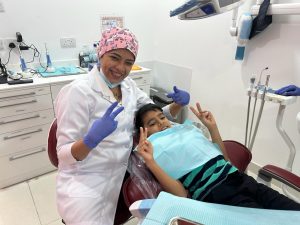
Dental care should be introduced early in children. New parents must also educate themselves in how to care for their children’s oral hygiene from an early age. It helps to begin dental checkups early as this reduces the fear and anxiety in children about visiting the dentist and minimizes the risk of dental emergencies. Our expert Pediatric Dentists at Dr. Paul’s Dental Clinic are highly trained to handle children gently and offer the best solutions for their dental problems. Early childhood caries can be rampant if left untreated; therefore, it is important to check your child’s teeth regularly for signs of decay.
Learn how to select the right dental professional for your child’s needs in our blog on How To Choose a Pediatric Dentist?.
Book an Appointment With Your Doctor NOW!
Ready for a brighter smile? Schedule your appointment with Dr. Paul’s Dental Clinic today and experience exceptional dental care.
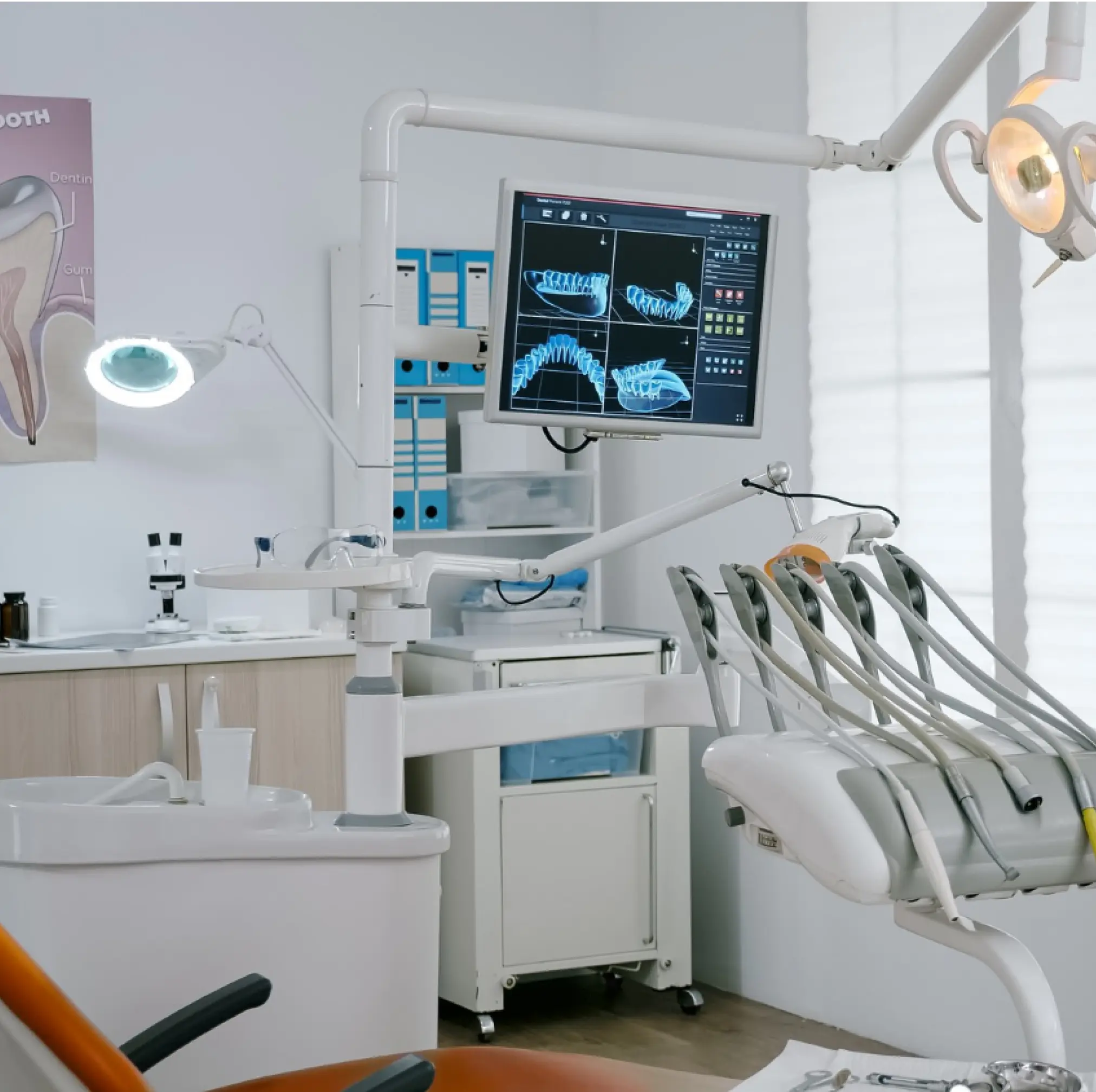
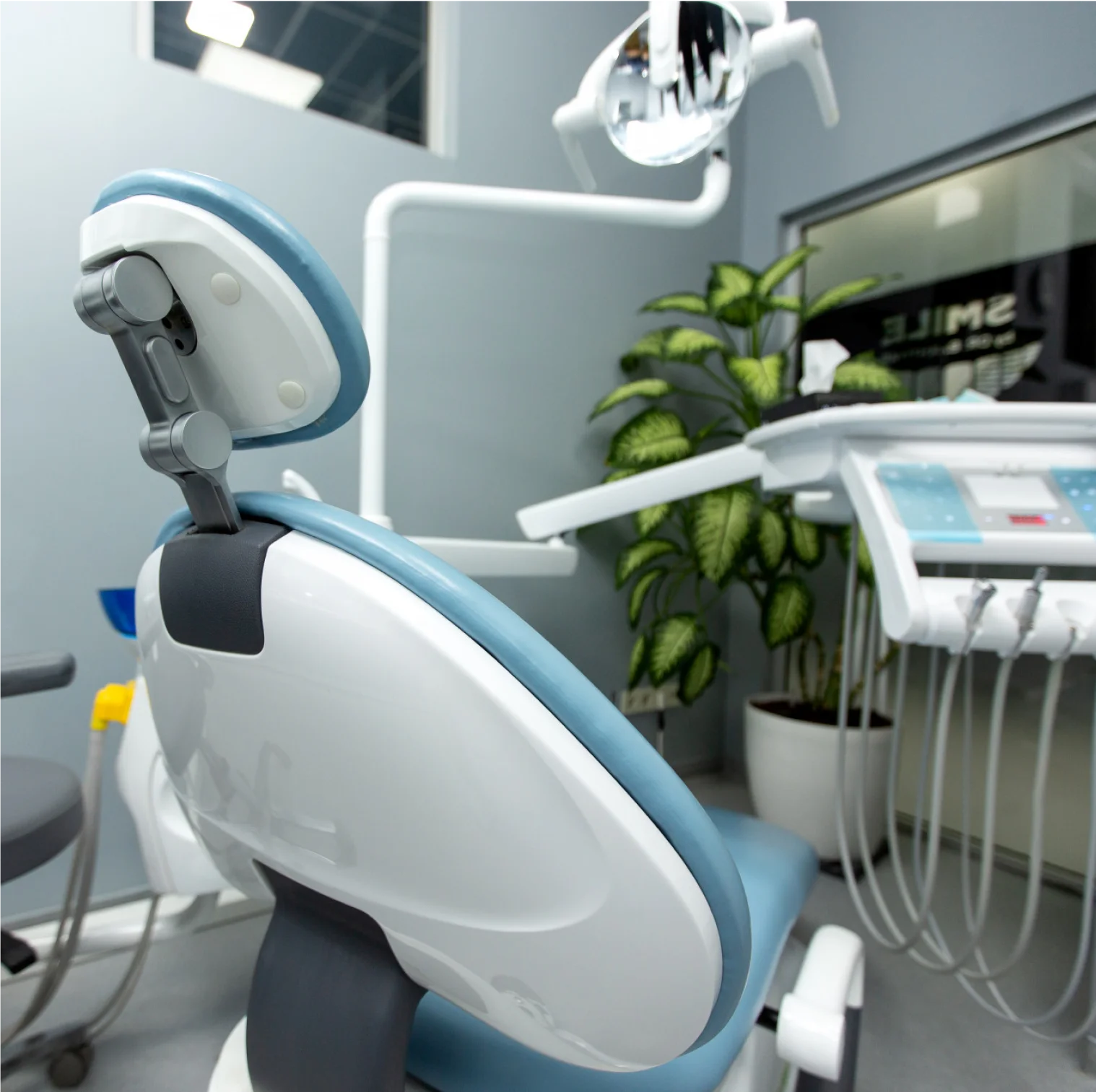
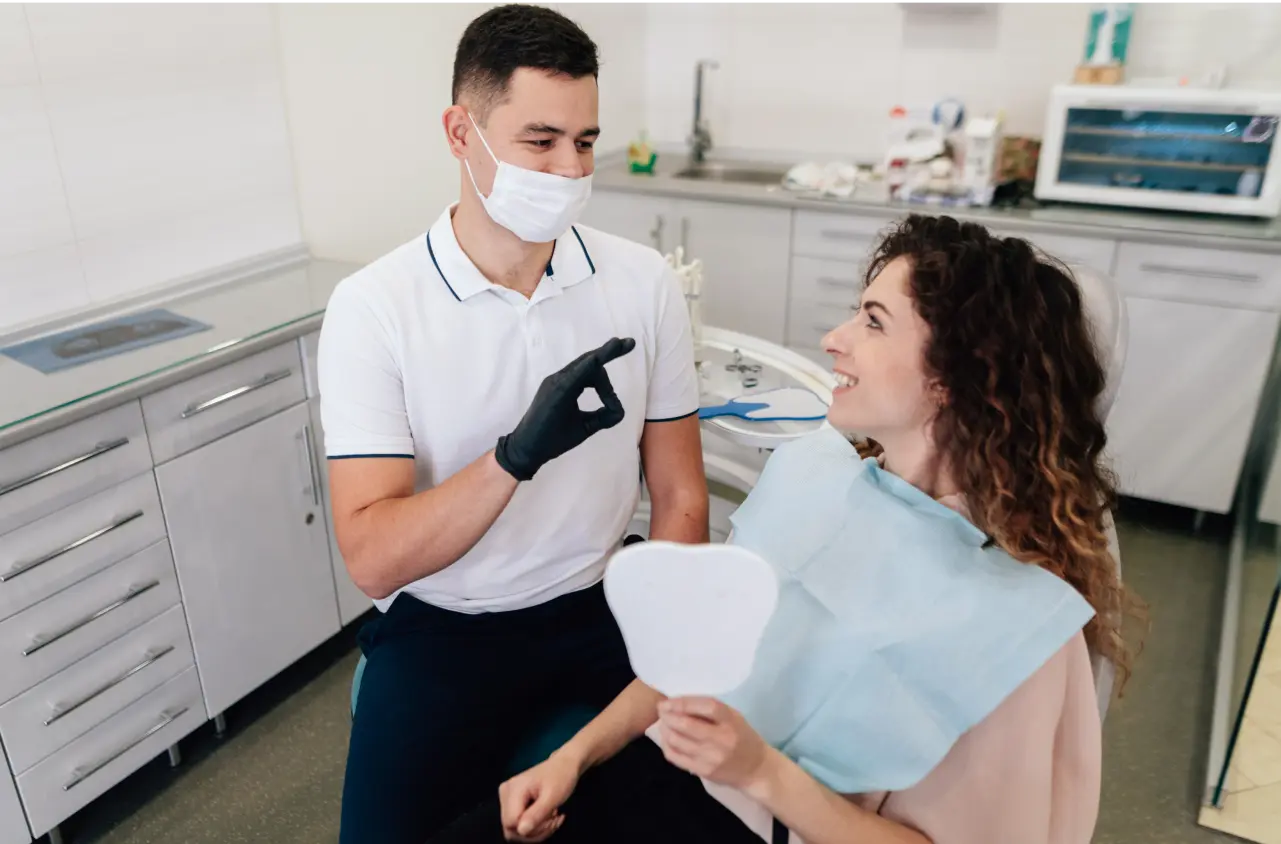
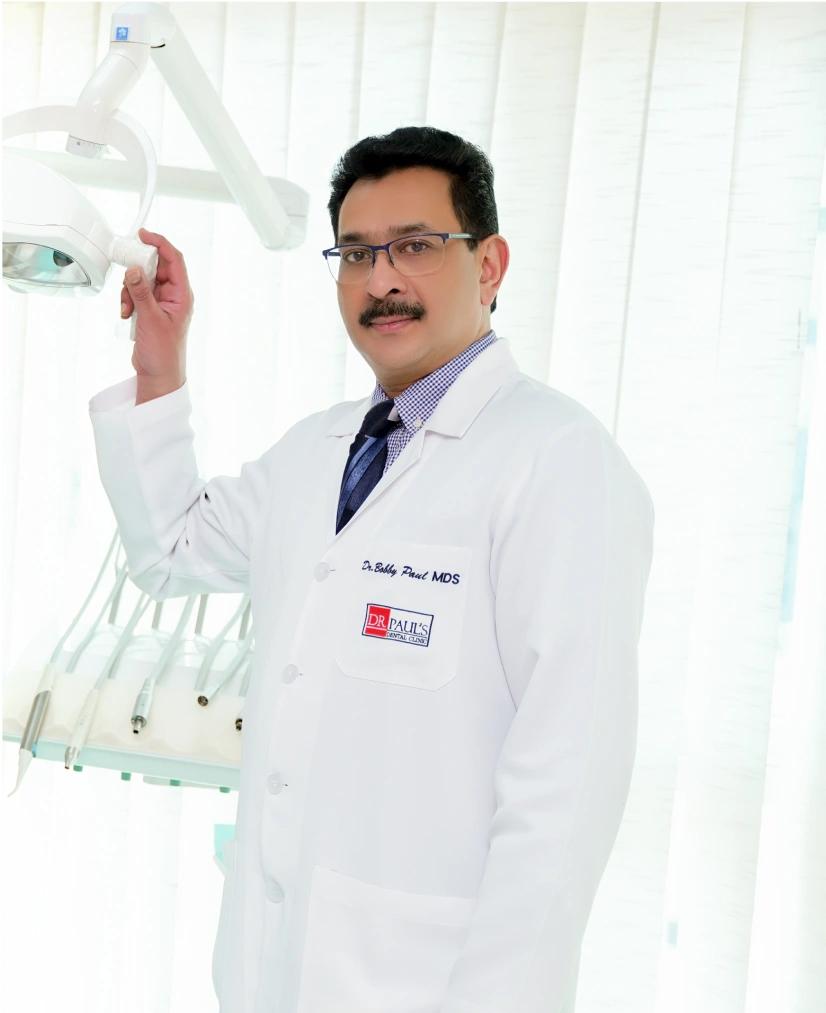 Dr. Bobby Paul - Pediatric Dentist
Dr. Bobby Paul - Pediatric Dentist 